English
By the beginning of year 3, pupils should be able to read books written at an age-appropriate interest level. They should be able to read them accurately and at a speed that is sufficient for them to focus on understanding what they read rather than on decoding individual words. They should be able to decode most new words outside their spoken vocabulary, making a good approximation to the word’s pronunciation. As their decoding skills become increasingly secure, teaching should be directed more towards developing their vocabulary and the breadth and depth of their reading, making sure that they become independent, fluent and enthusiastic readers who read widely and frequently. They should be developing their understanding and enjoyment of stories, poetry, plays and non-fiction, and learning to read silently. They should also be developing their knowledge and skills in reading non-fiction about a wide range of subjects. They should be learning to justify their views about what they have read: with support at the start of year 3 and increasingly independently by the end of year 4.
- Plus Plan
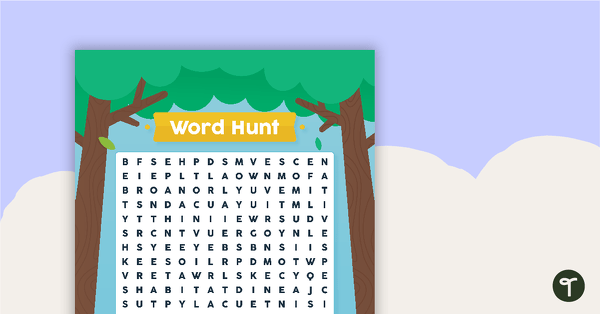
National Tree Day – Word Hunt
A National Tree Day word search to use in the classroom.
- Plus Plan
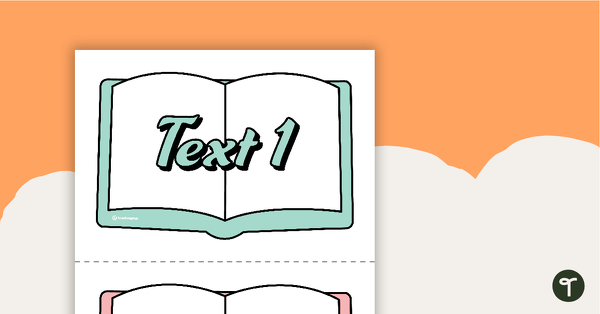
Narrative Writing Bump It Up Wall – Year 4
A visual display for your classroom to help students ‘bump up’ their narrative writing.
- Plus Plan
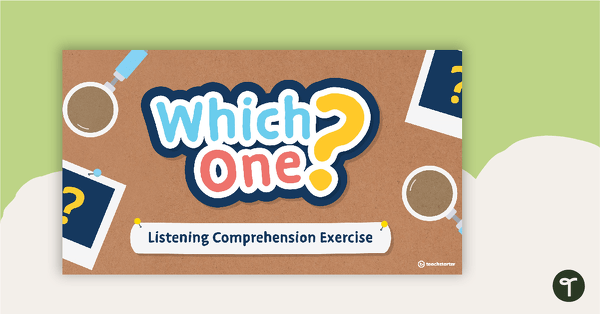
Which One? Listening Comprehension Exercise
An Interactive PowerPoint where students choose an image to match an aural description.
- Plus Plan
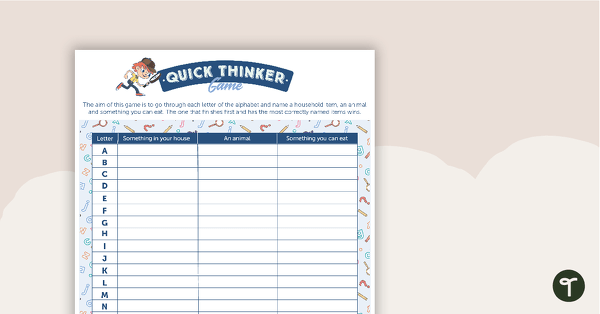
Quick Thinker Game – Worksheet
An alphabet racing game to help prompt vocabulary knowledge.
- Plus Plan
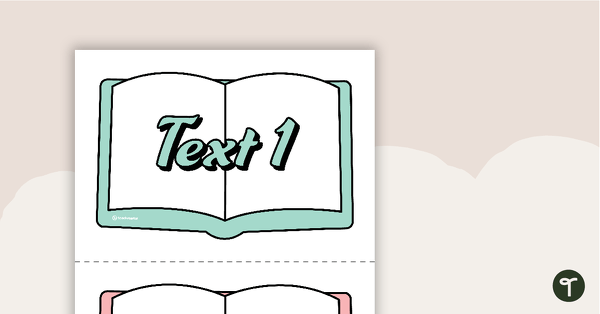
Narrative Writing Bump It Up Wall – Year 3
A visual display for your classroom to help students ‘bump up’ their narrative writing.
- Plus Plan
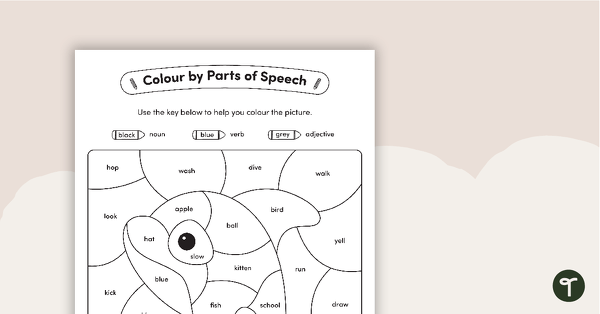
Colour by Parts of Speech - Nouns, Verbs & Adjectives - Whale
Review parts of speech by colouring nouns, verbs and adjectives on the whale.
- Plus Plan
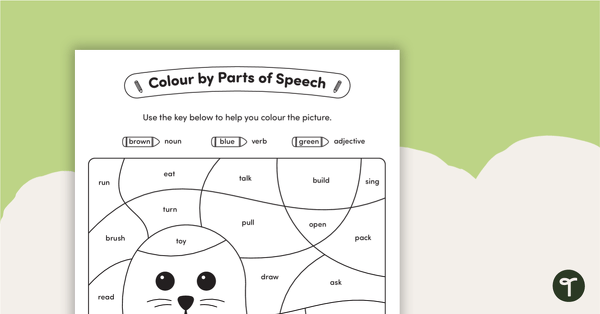
Colour by Parts of Speech - Nouns, Verbs & Adjectives - Seal
Review parts of speech by colouring nouns, verbs and adjectives on the seal.
- Plus Plan
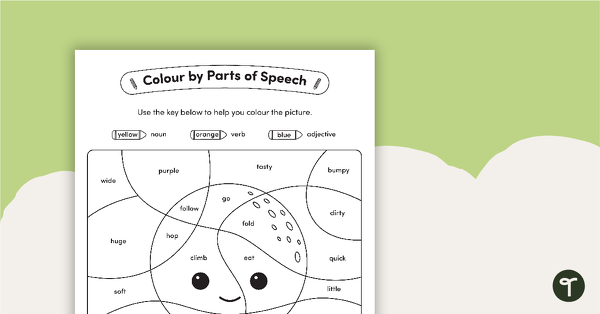
Colour by Parts of Speech - Nouns, Verbs & Adjectives - Octopus
Practise using parts of speech by colouring nouns, verbs and adjectives on the octopus.
- Plus Plan
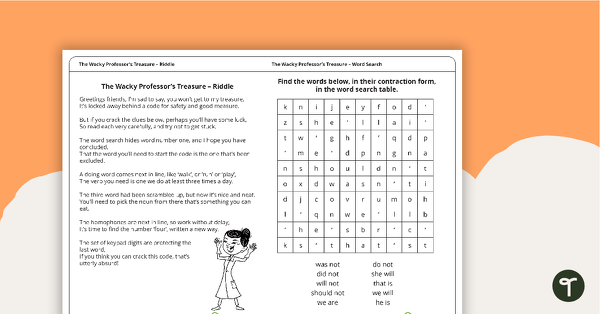
The Wacky Professor's Treasure - Whole Class Game
A whole class game that allows students to complete grammar activities, while working together to solve a riddle!
- Plus Plan
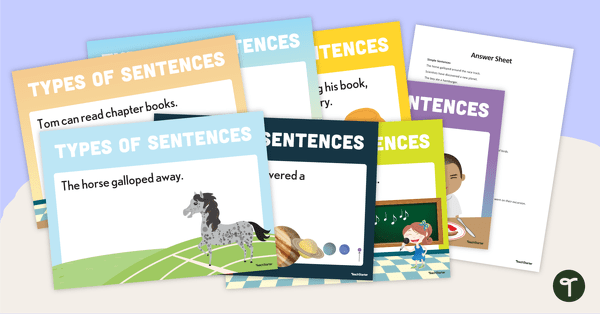
Simple, Compound and Complex Sentences Flashcards
Use this set of 16 colourful flashcards to introduce students to the attributes that make up simple, compound and complex sentences.
- Plus Plan
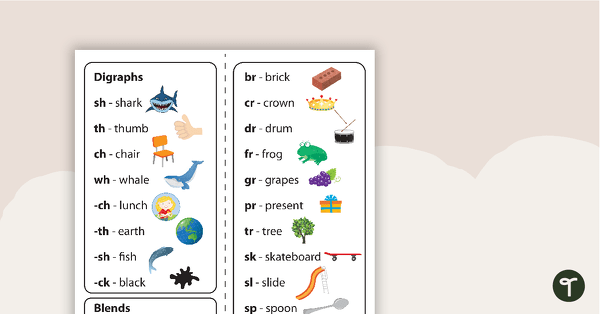
Common Digraphs and Blends Bookmarks
These bookmarks are designed to help students remember some of the most common blends and digraphs while reading.
- Plus Plan
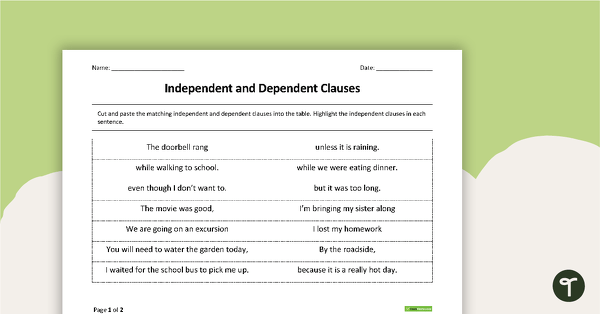
Independent and Dependent Clauses Worksheet Pack
A set of 5 basic worksheets aimed at the lower grades to help introduce the concept of independent and dependent clauses.
- Plus Plan
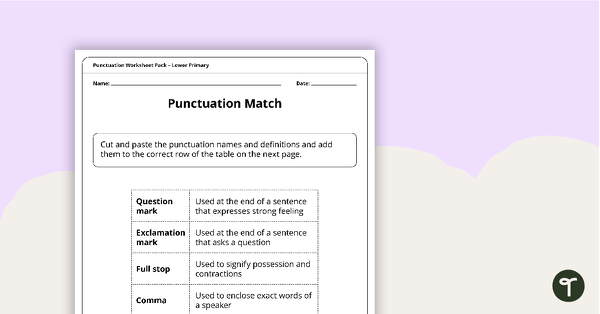
Punctuation Worksheet Pack - Lower Primary
An 8 page worksheet pack to consolidate the learning of punctuation for the early years.
- Plus Plan

Grammar Poster Pack
A pack of 11 posters covering early years grammar concepts.
- Plus Plan
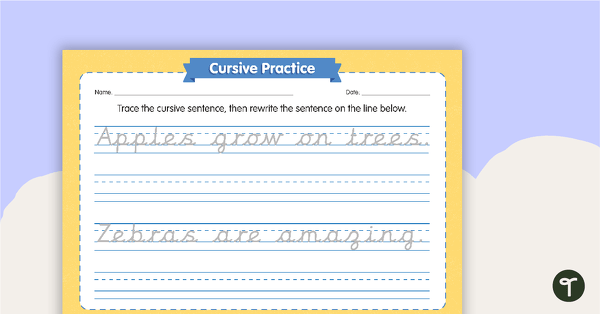
Cursive Practice - Sentences
A set of 6 sheets to practise writing sentences in cursive.
- Plus Plan
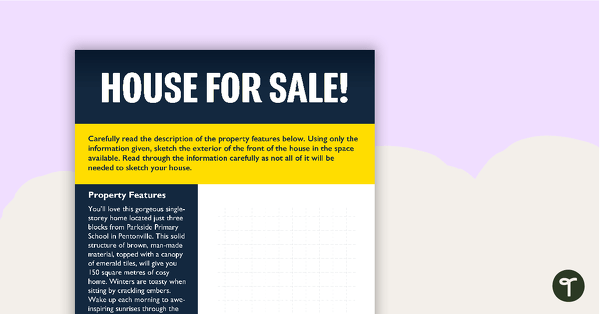
Inference Real Estate Advertisements - Worksheet
A series of real estate advertisement worksheets to use when teaching your students how to infer information from written texts.
- Plus Plan
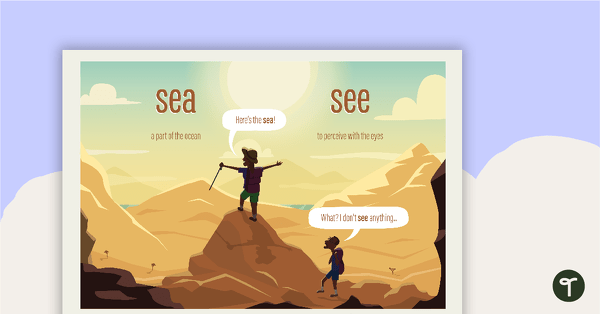
Sea and See Homophones Poster
An educational poster for the homophones sea and see.
- Plus Plan
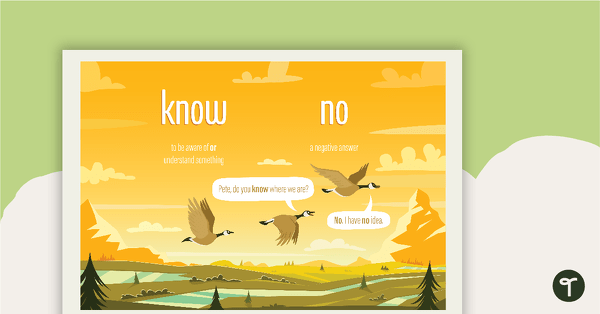
Know and No Homophones Poster
An educational poster for the homophones know and no.
- Plus Plan
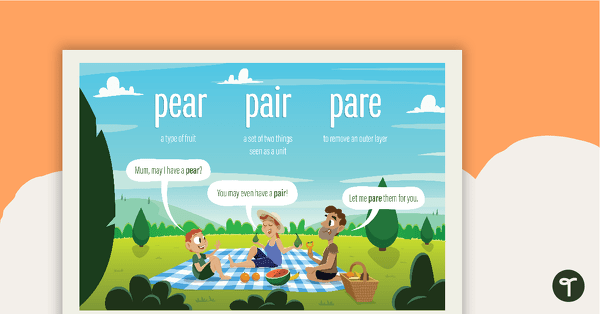
Pear, Pair and Pare Homophones Poster
An educational poster for the homophones pear, pair and pare.
- Plus Plan
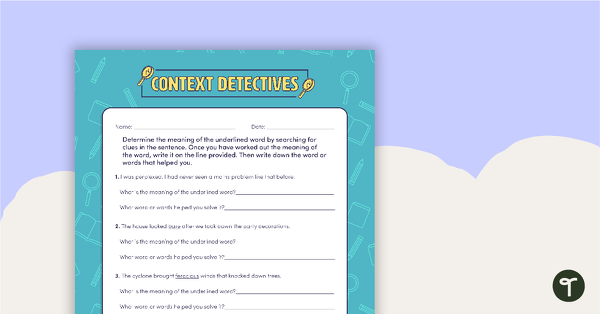
Context Detectives Worksheet
A set of 3 worksheets for students to practise using context clues to identify the meaning of a word.
- Plus Plan
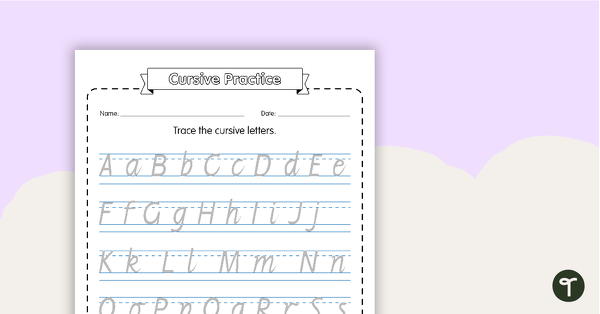
Cursive Practice - Letters
A set of 6 sheets to practise writing letters in cursive.
- Plus Plan
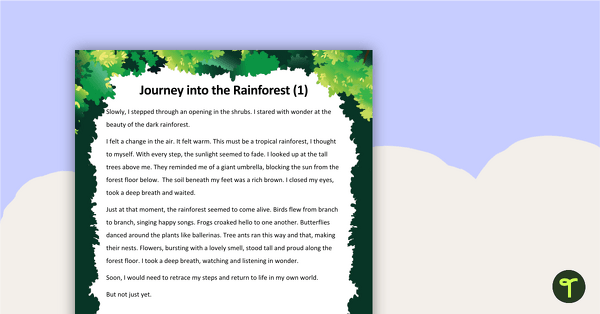
Reading Fluency Assessment Tool - Rainforests
A user-friendly tool for teachers to assess their students' reading fluency and accuracy, with texts based on a rainforest theme.
- Plus Plan
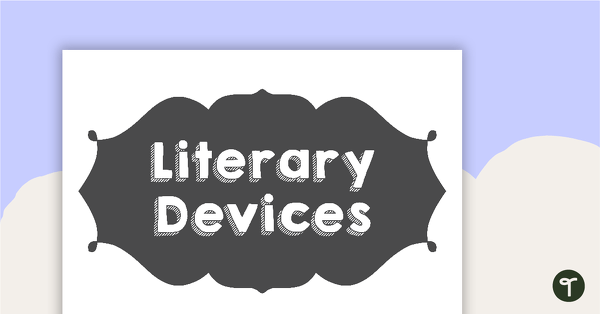
Literary Devices Posters
A set of 13 literary devices posters with examples of different methods.
- Plus Plan
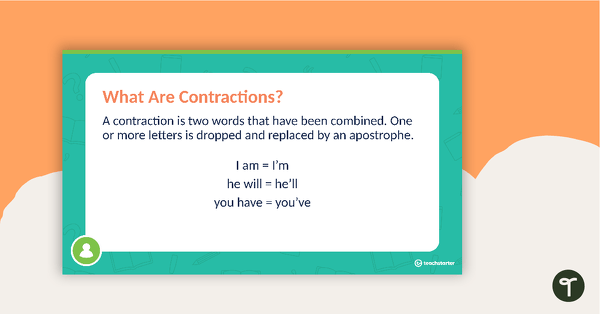
Contractions PowerPoint
A 24-slide editable PowerPoint template about contractions.
- Plus Plan
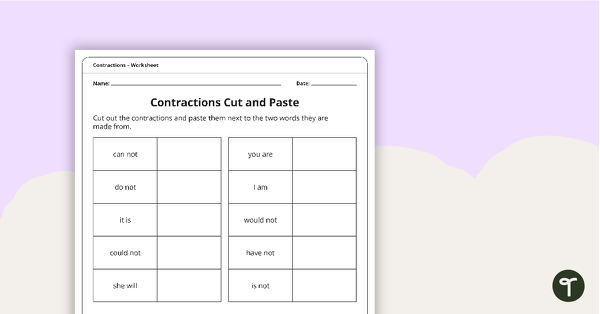
Contractions Worksheet Pack
A set of 4 worksheets to use when teaching contractions.
- Plus Plan
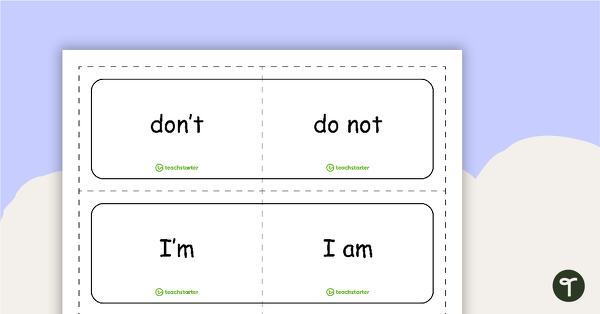
Contraction Match-Up Cards
An extensive collection of contraction match up cards.
- Plus Plan
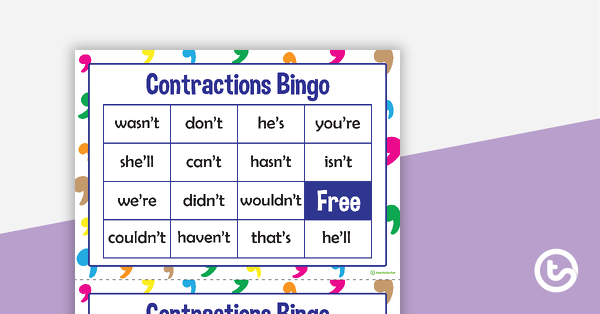
Contractions Bingo
Thirty-two bingo cards using contractions.
- Plus Plan
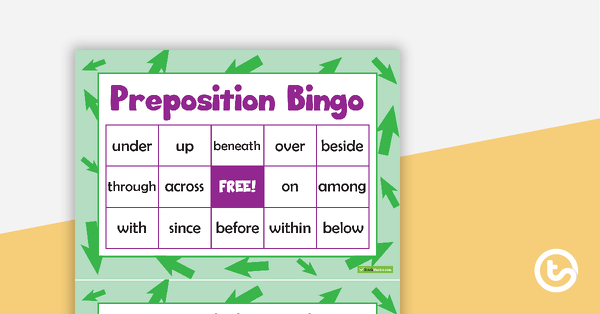
Preposition Bingo
Thirty-two preposition bingo cards with sentences.
- Plus Plan
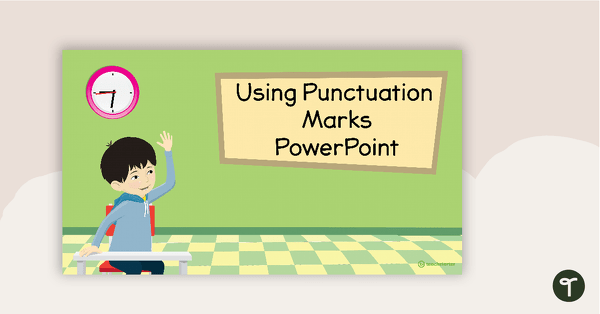
Using Punctuation Marks PowerPoint
A 29 slide editable PowerPoint Template to be used when teaching correct usage of punctuation.
- Plus Plan
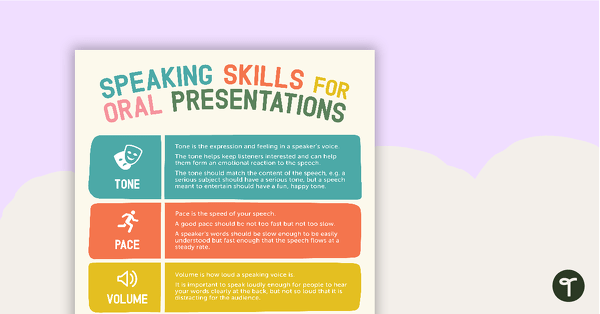
Speaking Skills for Oral Presentations Poster
A poster that explains the skills students need for a great oral presentation!
- Plus Plan
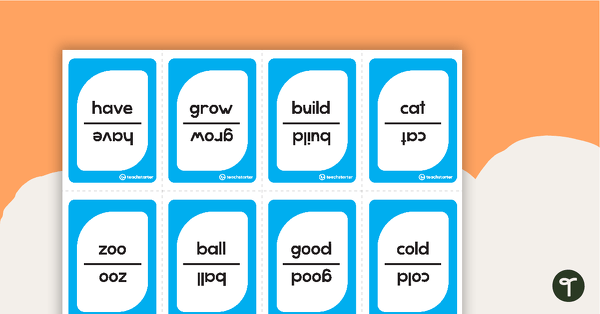
Parts of Speech Card Game – Upper Primary Classroom Game - Set 1
A card game for nouns, verbs and adjectives.
- Plus Plan
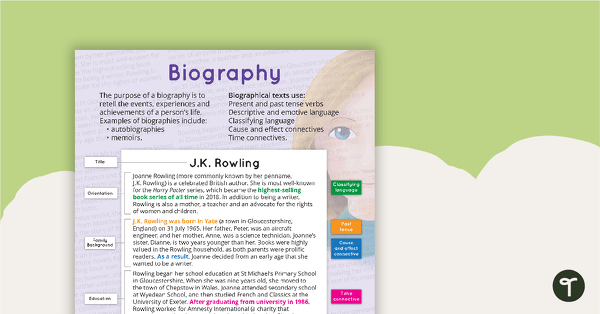
Biography Text Type Poster With Annotations
A poster about the biography text type, including an annotated example.